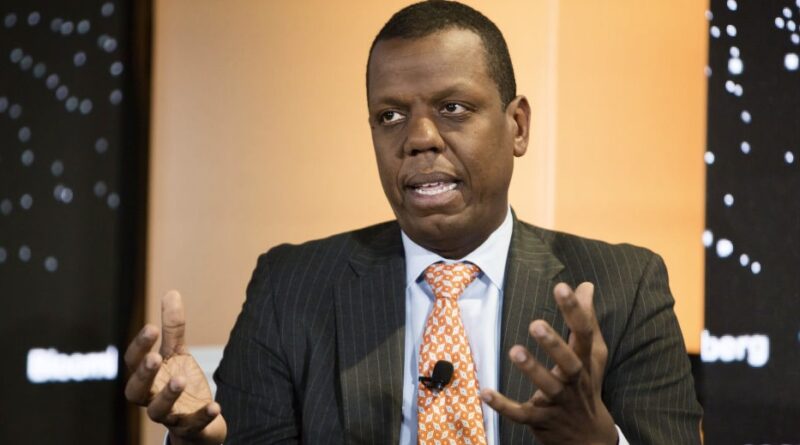Why Wole Coaxum Left JP Morgan To Fight For Economic Justice
by Sharelle Burt
April 23, 2024
We need more of this!
Wole Coaxum saw a need for change while working for one of the largest financial institutions in the world and wanted to add economic justice to the social justice agenda.
The former banking executive left the corporate world behind to start Mobility Capital Finance (MoCaFi), a New York-based fintech with a goal of serving customers with no or limited access to banks. Its program allows individuals receiving a universal basic income (UBI) or guaranteed basic income (GBI) to receive financial coaching and resources. Without having to operate in cash or cash checks, customers can create a MoCaFi bank account that’s FDIC-insured.
Coaxum was inspired by the social justice movements in the Black community and decided to create a pathway for economic equality in marginalized populations.
“Martin Luther King, Jr. talked about universal basic income and guaranteed basic income just before he passed away,” the CEO said. “And I feel that we as a company are very fortunate to be standing on the shoulders of others to bring these powerful ideas into the marketplace.”
MoCaFi opened in 2014 after the killing of Michael Brown, a teenager, by police in Ferguson, Missouri. To date, the company has launched both UBIs and GBIs in saturated cities, including Los Angeles, Atlanta, San Francisco, and more. Many are supported through MGI or Mayors for a Guaranteed Income, a network of advocating mayors who support guaranteed income for all Americans, according to their website.
“We’re finding that what we’re doing resonates with cities and counties,” he said. “They see the value of it.”
New York City Mayor Eric Adams is one mayor who understands the need for organizations like MoCaFi. The city partnered with them in February 2024 for a pilot program to provide asylum seekers with prepaid debit cards. While some New Yorkers like rapper 50 Cent were against the plan, according to CBS News, MoCaFi will distribute to 500 families with children to use exclusively at bodegas, supermarkets, grocery, and convenience stores.
In a statement, Coaxum called the partnership “an honor” as he feels for those who are beginning to plant roots in the U.S.
City Hall officials described the program as a “more cost-effective technology pilot program to distribute prepaid immediate response cards to asylum seekers” compared to the current system, which saves the city $7.2 million a year.
While some leaders in red-leaning states oppose the financial support that MoCaFi provides, Coaxum says his company isn’t about political affiliation but finding a solution for all.
“We are facilitating payments in a way that reduces all the friction. We have a disbursement platform, and then we have a demand deposit account,” he says. “We can open up accounts for undocumented people. We can open up accounts for people regardless of their credit score. Now, they’ve got a pathway to economic stability.”

